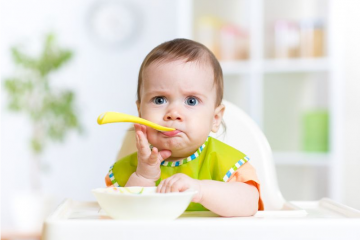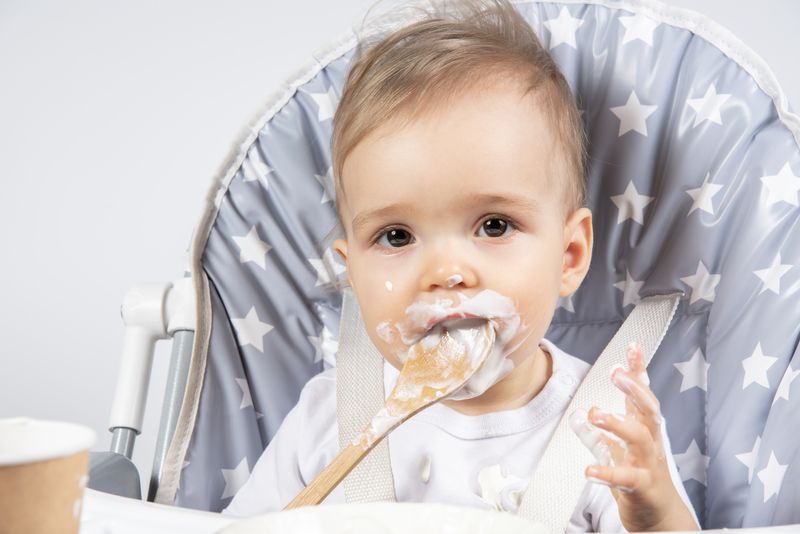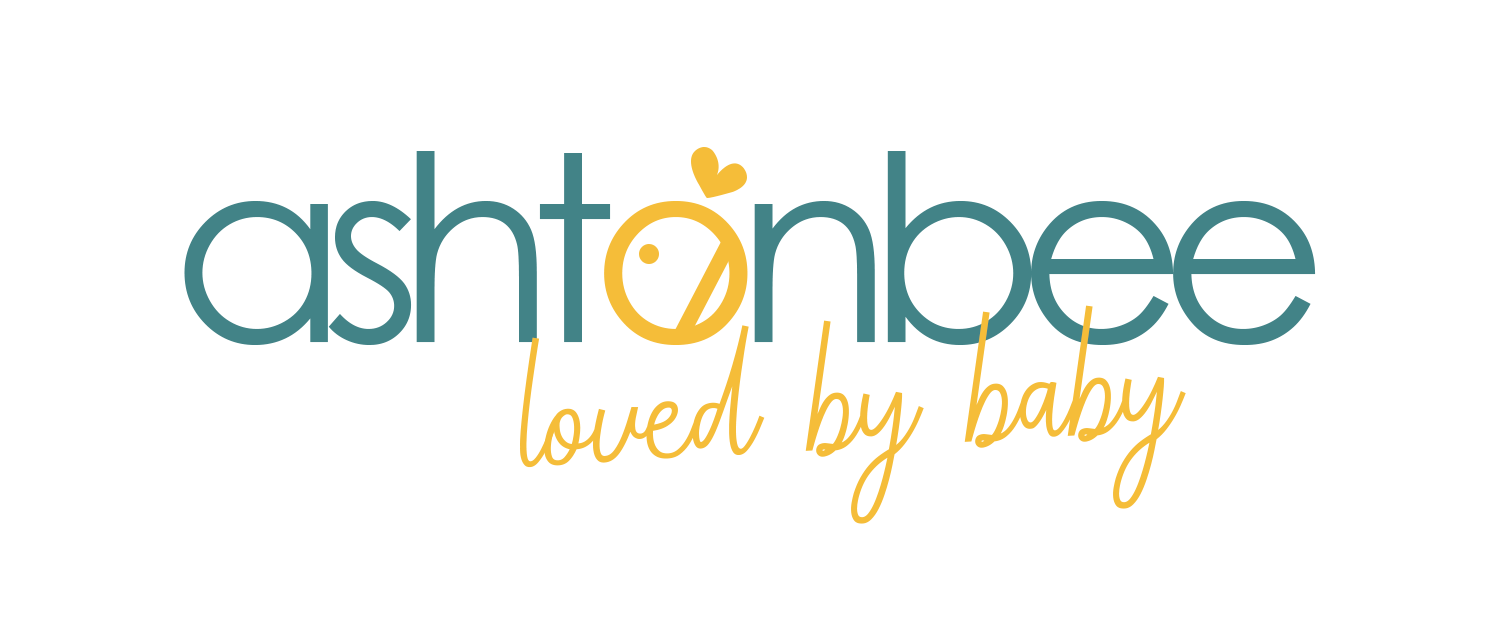
Has your baby started eating table food recently? Pat yourself on the back for a job well done in unlocking this achievement. However, your little one needs bowls, cups, forks, and spoons, just like any person.
Do they need a special spoon? But which type should you choose: wooden or silicone baby spoons? Each type has its advantages and disadvantages, so it can be tough to decide which is best for your little one. In this blog post, we’ll compare wooden and silicone spoons and help you decide which is right for them.
Wooden Baby Spoon: Pros and Cons
Wooden baby spoons are made from several types of wood, such as maple or cherry. Some baby spoons are made from bamboo, ebony wood scraps, and offcuts of coconut wood, making them renewable and biodegradable.
Before you check out the wooden spoon set for your weaning baby, read on and find out the perks and quirks of using these pieces of cutlery.
Pros
#1. Non-conductive
Wooden spoons are not good thermal conductors, meaning extreme heat is not a problem. So, if you leave your wooden baby spoon in hot solids, it won’t burn or melt.
#2. Durable
Wood is often used in making furniture and houses. That said, you can use your wooden infant spoons for years to come, as long as they are cleaned and maintained properly. You can use it for solids, purees, and soups without worrying about breaking it.
#3. Zero Chemicals
Do you worry about chemicals like oligomers or metals like nickel present in some baby spoons? Luckily, wooden spoons come from Mother Nature herself. As a result, these baby spoons don’t contain any chemicals or artificial substances that could harm your child.
#4. Style
Wooden spoons offer an elegant feel to your baby’s tableware. Even if you’re not a fan of wooden tableware, you have to admit they are classic and stylish. But if you have a rustic theme for your baby supplies and gear, a wooden spoon is a must-have.
#6. Eco-Friendly
Most baby spoons, such as those made from metal and silicone, aren’t compostable. Compared to wooden baby spoons, they’re less eco-friendly. So, once your baby is done weaning and is ready for adult spoons, you can dispose of your wooden spoons without harming the environment.

Cons
#1. Stains
Turmeric, cherry, pumpkin—these are just some of many solid foods for babies that will stain your wooden spoon. They’re hard to remove even with natural cleaning agents like vinegar. Wooden spoons harbor bacteria when they’re not thoroughly cleaned.
#2. Hard to Clean
Wooden baby spoons are more porous than any baby spoons, so food particles cling to their surfaces more easily. Plus, wooden spoons aren’t dishwasher-safe. Thus, cleaning them is burdensome and time-consuming.
#3. Prone to Splinters and Cracks
Despite their durability, wooden spoons can eventually crack or break in half with regular use. In addition, cracks can cause splinters that could prick your baby while using these spoons.
Silicone Spoon: Pros and Cons
Many parents claim that silicone baby spoons are the best infant spoons, especially when compared to plastic spoons. But over the years, more and more people have questioned the non-toxic qualities of silicone as it is still chemically made. So are silicone spoons safe for your baby?
The answer is yes, as long as the spoons are made from platinum-grade silicone and approved by the FDA. But are these criteria enough? Remember that it also needs to pass the pinch test. Try pinching or squeezing the silicone spoon. If it turns white, it most likely has fillers and is not made from 100% silicone.
Now you know how to look for quality silicone spoons. Let’s continue reading to learn about its pros and cons.
Pros
#1. Gentle
Parents mostly wean their babies as soon as their first tooth erupts around their sixth month. So, naturally, they will want something gentle on their baby’s growing teeth and gums when that happens. Silicone baby spoons won’t hurt your little one and, at the same time, won’t produce that skin-crawling sound whenever it scores your baby’s teeth, unlike a metal spoon would.
#2. More Sustainable Than Wood and Plastic
Do you know silicones are more environmentally friendly than wood and plastic? Since its compound is only derived from sand, it doesn’t involve mining for crude oil or deforestation. If you want to be more eco-friendly, silicone spoons are some of the best baby spoons.
#3. Hypoallergenic
High-quality food-grade silicone spoons are free from BPA, lead, PVC, and phthalates. Though it’s made from a compound, it is 100% hypoallergenic and safe for your little one. So you don’t need to worry about your baby ingesting chemicals (in plastics) or tiny insects (in wood).
#4. Lightweight
The best infant spoons should be dense but lightweight at the same time, like silicone baby spoons. Thus, these spoons are easier to handle for infants.
#5. Easy-to-clean
You don’t have to dread washing this baby spoon since most baby food slides right off easily. It doesn’t stain or create a breeding ground for bacteria. Plus, it is dishwasher-friendly.
Cons
With all of the amazing features of a silicone baby spoon, it only has one downside—it’s nonbiodegradable. After using these spoons for a long time, you might want to throw them away, which might harm the environment. One simple solution to this is to reuse these baby spoons instead. So if you are expecting a baby number two or need a durable spoon in the pantry, by all means, repurpose your silicone baby spoons.
A Spoonful of Advice When Choosing Utensils for Your Baby
![]()
The winner of this battle isn’t as clear-cut as you think it would be, but ultimately, what type of spoon you choose for your baby is up to you. Wooden spoons are a great option if you want a traditional feel and are looking for something that lasts for a few years. On the other hand, silicone spoons are softer on gums and can be thrown in the dishwasher (or even boiled).
If you’re still undecided, check out our silicone baby spoons. They come in fun colors and are made with safety in mind. Plus, they’re guaranteed safe for your baby. Happy parenting!



